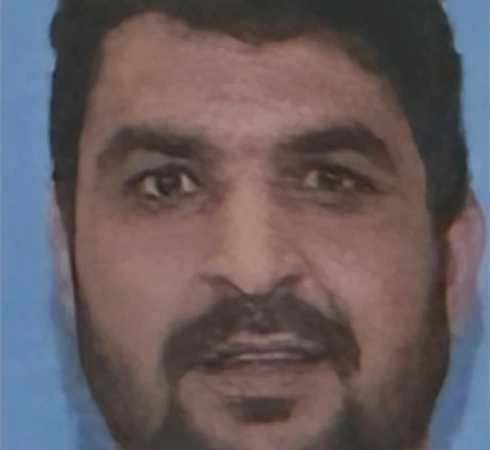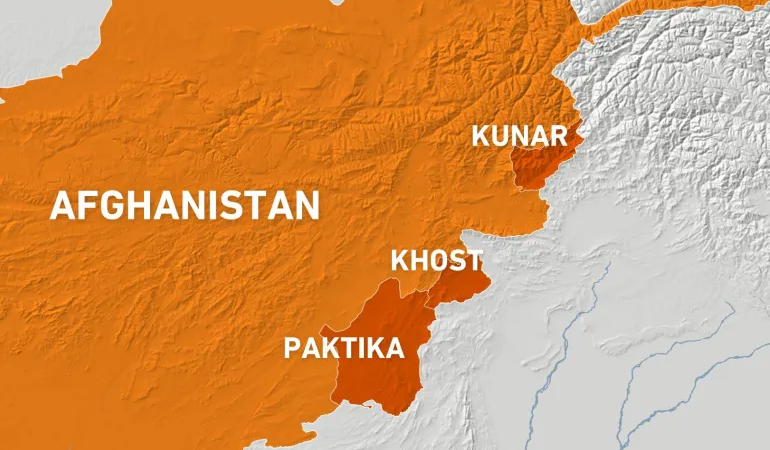The Pakistan Army Chief lists cross-border assaults and the TTP as the main problems with Afghanistan.

Pakistan Chief of Army Staff (COAS) General Asim Munir has identified the presence of the banned Tehreek-i-Taliban Pakistan (TTP) in Afghanistan and cross-border terrorist activities as the main points of contention between Pakistan and its western neighbour.
Pakistan Chief of Army Staff (COAS) General Asim Munir has identified the presence of the banned Tehreek-i-Taliban Pakistan (TTP) in Afghanistan and cross-border terrorist activities as the main points of contention between Pakistan and its western neighbour.
The remarks attributed to the army chief were carried by state broadcaster PTV News and were uttered during his Peshawar meeting, Dawn reported.
Relations between Pakistan and Afghanistan have long been strained due to recurring border conflicts and Pakistan’s demand for decisive action against TTP militants allegedly using Afghan territory to orchestrate attacks. Kabul, however, denies these claims.
Last month, tensions escalated when clashes erupted after Pakistan bombed suspected TTP hideouts in Afghanistan’s Paktika province. The conflict led to casualties on both sides, with eight fatalities and 13 injuries reported on the Afghan side, and one Frontier Corps soldier killed along with 11 others injured in Pakistan.
During his discussions, COAS Munir emphasised the significance of maintaining a positive relationship with Afghanistan, describing it as a “brotherly neighbour [and] an Islamic country.” However, he stated, “The only difference with Afghanistan is the presence of Fitna al-Khawarij in Afghanistan and the spread of terrorism in Pakistan from across the border, and it will remain so until they remove this issue.” The government had earlier designated the TTP as Fitna al-Khawarij, a term referring to outcasts, to underline the severity of their threat to national security, according to Dawn.
General Munir also clarified that no large-scale military operations were ongoing in KP, nor was the TTP active within Pakistan. He said the military’s approach focused on intelligence-based targeted operations to combat terrorism effectively. Stressing unity, he added, “Everyone would have to stand together against terrorism without discrimination and prejudice as politics could only be conducted if there was a state. If there is no state, then there is nothing.”
The army chief also addressed misinformation campaigns, asserting that attempts to create a false narrative of a gap between the people and the military were driven by external agendas. On a hopeful note, he lauded the National Action Plan (NAP) as a consensus-driven effort against terrorism and called for its swift implementation. Developed in 2014, the 20-point NAP seeks to tackle terrorism and extremism through collaborative efforts between stakeholders and government ministries, reported Dawn.
Political representatives at the meeting raised concerns about KP’s security situation and urged full enforcement of the NAP, suggesting its review to incorporate necessary adjustments. Sources disclosed that the leaders recommended engaging with Afghanistan’s interim government, either formally or informally, to address Pakistan’s internal security challenges. While advocating dialogue, the participants acknowledged the Afghan interim government’s repeated failure to heed previous warnings.
“They don’t listen to us,” COAS Munir reportedly stated, highlighting the need for alternative approaches to engage with the Afghan administration. The political leadership proposed exploring “other ways for engagement” to ensure cooperation between the two nations and facilitate regional peace, Dawn reported.
The meeting, which spanned nearly four hours, underscored the urgency of collective action against terrorism and the importance of fostering cooperation between Pakistan and Afghanistan to resolve enduring security concerns. The discussions highlighted the shared commitment of political and military leadership to address the challenges and achieve lasting stability in the region.





